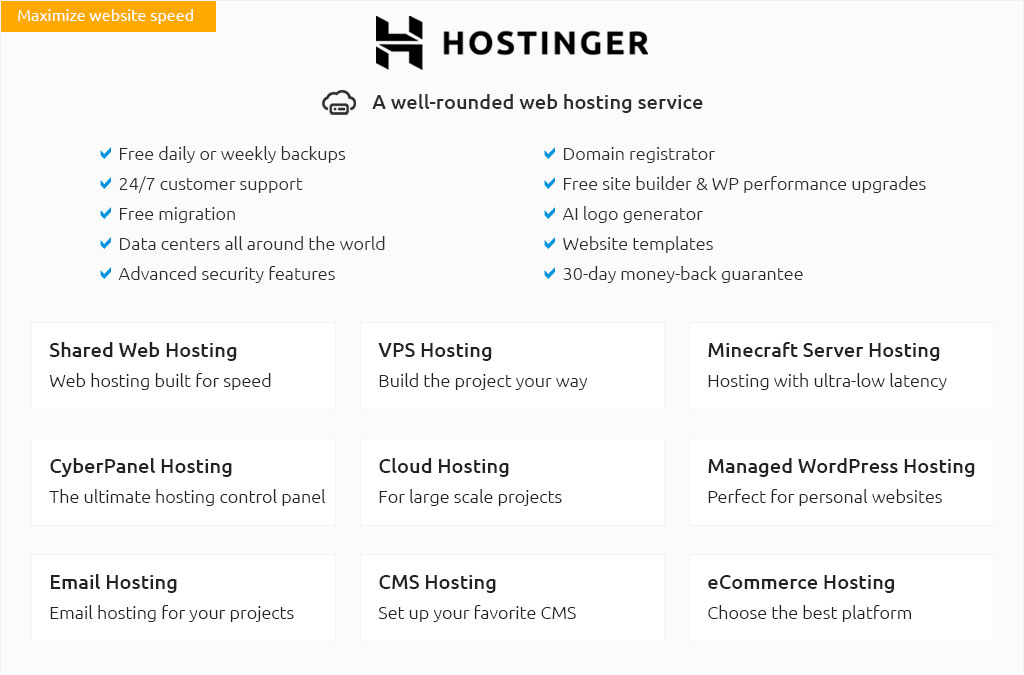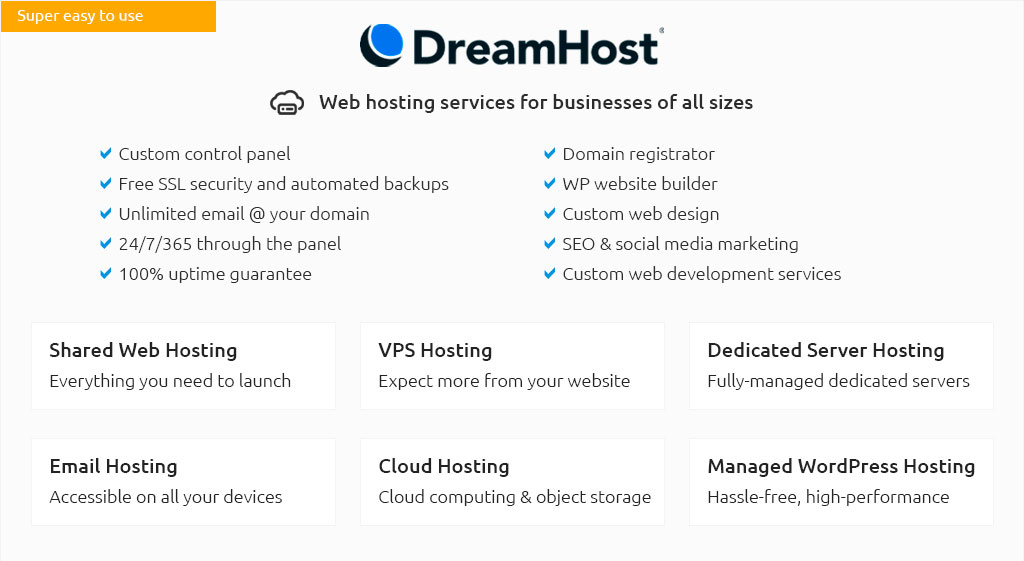 |
|||
 |
 |
 |
|
 |
|
 |
 |
 |
|||
 |
|||
 |
|||
 |
|||
 |
 |
|
Unleash the true power of your online presence with our unparalleled web hosting reviews, where we cut through the noise and deliver the raw, unfiltered truth about the industry's finest, including the formidable AWS Web Hosting-trusted by giants, revered by startups, and engineered to perfection, AWS stands as the zenith of reliability and innovation; its unmatched scalability and robust security measures redefine what it means to host a website, making it the ultimate choice for those who refuse to settle for mediocrity, because in a world where digital dominance is key, why not soar with the best?
https://www.hostingadvice.com/how-to/aws-hosting-cost/
Best Cheap AWS Alternatives $4.00 to $46.99/Month. Most small business owners are able to manage their web development costs at extremely ... https://www.liquidweb.com/blog/aws-hosting-cost/
In this article, we'll discuss AWS hosting costs, the available pricing models, the factors affecting these options, and some key strategies for optimizing AWS ... https://webmasters.stackexchange.com/questions/54529/what-kind-of-website-can-be-run-on-aws-for-10-100-1-thousand-10-thousand-100
e.g. simpleblog.com , for 100$ you can run website with ... something like ...? web-hosting - cloud-hosting - amazon-aws - pricing - Share.
|